
Many tasks that were previously assigned to the district level are now decentralized to the commune level, but the commune civil servants have not been properly trained, so they are confused and bewildered when carrying out the new tasks. This is a problem for many localities when operating a two-level local government.
Hand-holding and guiding commune-level cadres
Presenting recommendations after nearly a month of implementing the two-level local government, leaders of many Departments of Home Affairs admitted that there is still confusion among commune-level officials and civil servants when taking on the new workload.
In Hanoi , Ms. Nguyen Thi Lieu, Deputy Director of the Hanoi Department of Home Affairs, said there was a big difference in staff. When the merger was carried out, some of the old commune-level staff were almost "empty" in terms of expertise because the new job requirements were very different.
Mr. Nguyen Viet Hung, Director of the Department of Home Affairs of Nghe An province, also shared that many commune-level officials are currently confused and unfamiliar with their assigned tasks, forcing working groups to go down to the grassroots to guide them, there is no other way.
The Director of Nghe An Department of Home Affairs said: "The current Chairman of the Commune People's Committee must also take on the duties of the previous District and Commune Chairman, while the support apparatus is both understaffed and lacking in expertise. There is a situation where some places have a surplus of staff, while others have a serious shortage, especially in areas such as land administration, information technology, finance, and land."
The situation of cadres facing difficulties when taking on new tasks at the commune level also occurs in Lam Dong. The leader of the Department of Home Affairs of Lam Dong province pointed out a typical case of a specialist who was once proficient in his field at the provincial level, but when he returned to the commune, where more than 1,000 administrative procedures were transferred, he also encountered many initial difficulties due to having to take on too many tasks.
Director of the Department of Home Affairs of Thai Nguyen province, Nguyen Quoc Huu, also shared that the work of arranging cadres, civil servants, and public employees in the locality is facing difficulties in terms of structure and lack of specialized human resources, especially in disadvantaged communes. In addition, digitalization is facing difficulties due to lack of human resources, equipment, software, and documents that have not been scientifically edited according to regulations.
To overcome difficulties in the initial stage, some localities have proactively and flexibly sought support solutions.
In Da Nang, the Department of Home Affairs said the locality has coordinated with VNPT and IT universities, and youth volunteers to support the operation of the new system at the commune level. Final year students and volunteers have contributed significantly to IT support in the initial stages of implementation.
In Lam Dong, the locality has also established working groups from the department level down to the commune level to provide direct guidance. The province has proposed dispatching 408 officials and civil servants from departments to the communes for a period of 3-6 months. A representative of the Lam Dong Department of Home Affairs said that hand-holding is necessary in the initial stage when there are many difficulties and confusion when operating the new commune-level government.

Although it is necessary to flexibly implement solutions when operating a two-level local government, local leaders all affirmed that this is only a temporary solution, the core of an effective organization is still people. Therefore, localities requested the Ministry of Home Affairs to soon issue a training program framework to improve the capacity of commune officials so that the two-level government model can operate more smoothly.
“There are comrades who are leaders of organizations, but when they join the government apparatus, everything is new. We recommend that the Ministry soon issue a training outline on skills, situations and specialized expertise for commune-level officials. This must be the top priority,” the leader of the Hanoi Department of Home Affairs proposed.
Review and evaluate to restructure commune-level cadres
Minister of Home Affairs Pham Thi Thanh Tra stated that in the process of operating the two-level local government, the efforts of the entire political system were outstanding, determined, drastic, creative and flexible with great goals and aspirations for the country to enter a new era. However, because this is an unprecedented new issue, the initial difficulties and shortcomings in July 2025 were inevitable and could not be perfect.
The Minister of Home Affairs emphasized that it is important to correctly identify the problem, find appropriate solutions and work together to solve them. The Ministry of Home Affairs will work closely with localities to achieve the goal of local governments being closer to the people, serving the people better.
Regarding the difficulties in building a team of cadres and civil servants (especially commune-level civil servants) to meet the requirements of the new period, Minister Pham Thi Thanh Tra affirmed that this is a key task. In the immediate future, the Home Affairs sector needs to advise on temporarily increasing the number of specialized cadres and civil servants, especially those with specialized expertise at the commune level.
"It is necessary to evaluate communal-level civil servants publicly, democratically, and accurately to promptly restructure and improve the quality of the team, in line with current policies," the Minister emphasized.
The Minister of Home Affairs also reminded localities to retain capable officials; pay attention to ideological work, encouragement, pay attention to accommodation, and ensure the lives of civil servants when moving to the new administrative center.
Mr. Nguyen Quang Dung, Director of the Department of Civil Servants and Public Employees (Ministry of Home Affairs) also requested that provinces review the capacity of officials, and if training is needed, submit proposals to the Ministry of Home Affairs. For positions requiring specialized expertise, localities can sign contracts according to Decree 173/2025/ND-CP regulating the signing of contracts to perform one or several tasks of civil servants in state agencies, political organizations, and socio-political organizations to ensure work.
Source: https://baolamdong.vn/chinh-quyen-dia-phuong-2-cap-can-lap-day-khoang-trong-nang-luc-can-bo-cap-xa-384026.html







![[Photo] Prime Minister Pham Minh Chinh chairs the second meeting of the Steering Committee on private economic development.](https://vphoto.vietnam.vn/thumb/1200x675/vietnam/resource/IMAGE/2025/11/01/1762006716873_dsc-9145-jpg.webp)
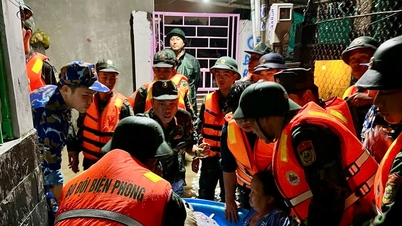
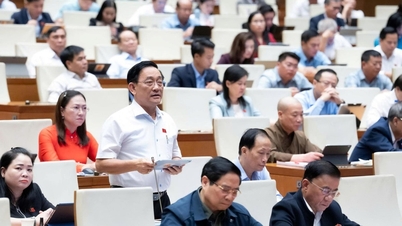


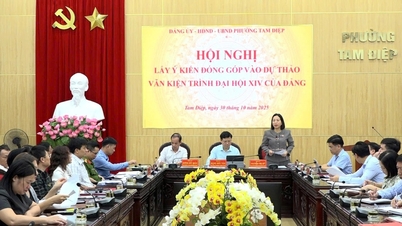






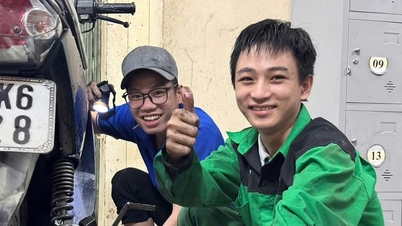

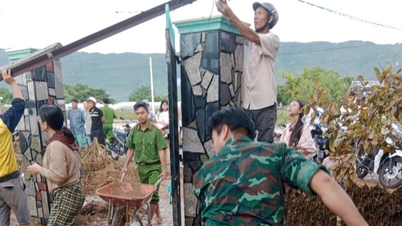

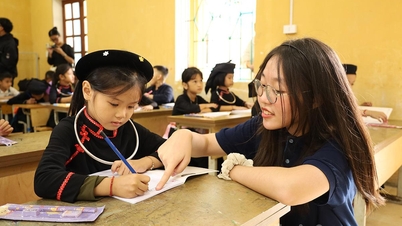









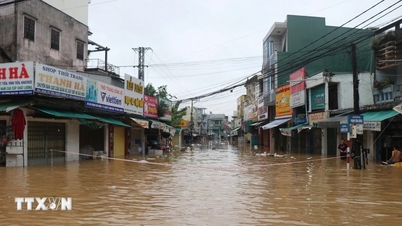
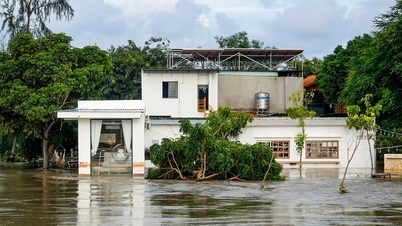
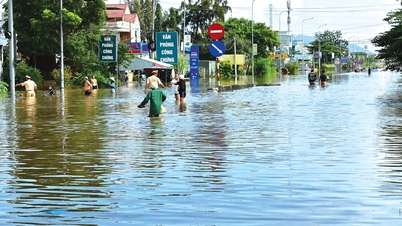
















































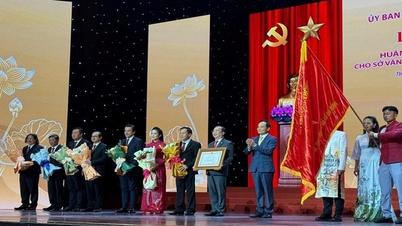




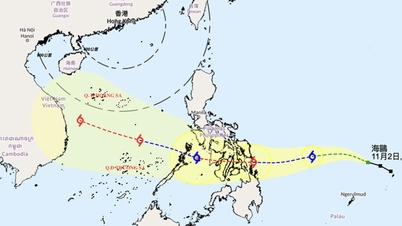























Comment (0)